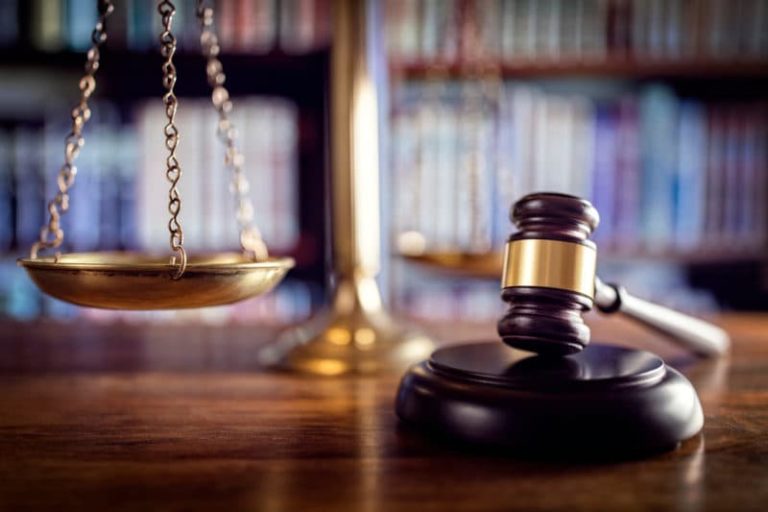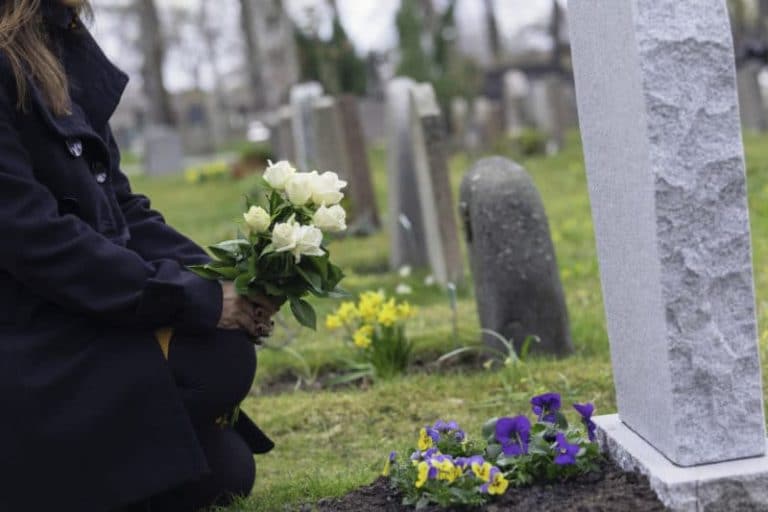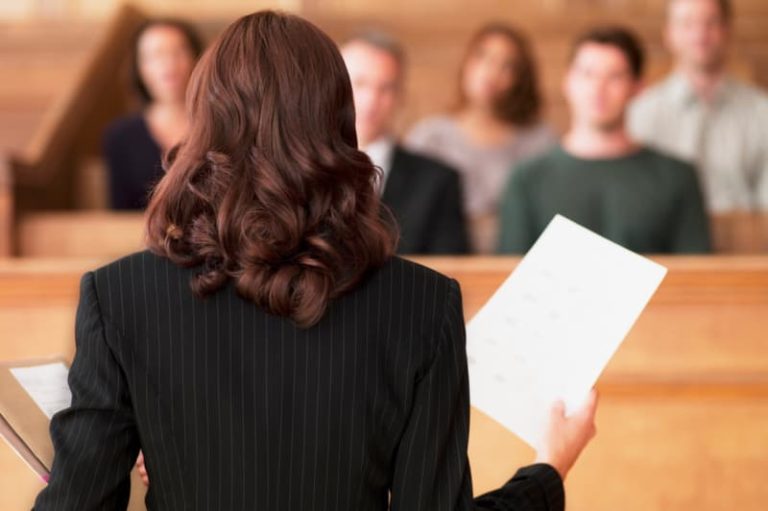3 Ways to Regain Control After Suffering a Catastrophic Loss
The following content is adapted from “Unthinkable” by attorney Kyle Bachus.
Suddenly losing a loved one in an accident is devastating for family members and friends. Your life changes instantly, and it can be difficult to know how to pick up the pieces and move forward. There could be a lot of questions left unanswered and ongoing legal battles to seek justice for what happened.
However, there are ways you can regain some measure of control after a tragic loss. Adapted from his book “Unthinkable,” attorney Kyle Bachus shares how to ensure your loved one’s case is more than just another pending file for the police.
How Can You Make Your Case a Priority for the Police?
For the police or authority figures involved with your loved one’s case, the situation is not personal. They are public servants who have jobs to do, including investigations of wrongful death and fatalities from an outside perspective. However, the loss is deeply personal to you. You can use this passion and drive for justice to help the police prioritize your case. Here’s how.
1. Make It Known That You Are Actively Monitoring the Investigation
Make your presence and willingness to get involved in the investigation known to the police. The goal behind this is to make the police aware of your interest in the case and that you are available to participate and help whenever possible. By choosing to engage with the police, you empower yourself and your family to have a voice during the process.
To do this, here are some tips to let the police know your family is front and center:
- Familiarize yourself with the department and its hierarchy
- Ask to speak with the highest-ranking officer or chief to introduce yourself
- Follow up with the department, and don’t be afraid to ask questions about the process
Remember, you want as many people from the police department as possible to understand that this matter is extremely important to your family and you’re actively involved. This improves your chances of getting timely and high-quality attention on your case and holds the people involved accountable.
2. Personalize Your Loss
Share your loved one’s story with the police. When you meet with them, bring a picture of your family member—or even pictures of their children—to personalize your loss. This will also help the police internalize who this person was, create a connection with your family, and encourage fast action. In general, law enforcement officers appreciate putting a face with a name.
It’s vital that you tell the police how important your loved one was to you and others and how the loss of this person has completely changed your lives. Also, be sure to thank them for their work and make it clear you want to assist in any way you can to make sure it doesn’t happen again.
3. Establish Expectations
Another way you can regain some control after a tragic accident is to establish expectations with the police. This may include:
- Communication between the police and your family
- Timelines for the investigation
- The role the police would like you and your family to play
It’s essential to know how and when you can be helpful and what you can expect from the police department during the investigation.
What If the Police Get Defensive?
Although it is unlikely, some people have encountered defensive reactions when trying to establish a level of communication with the police or involvement with the investigation. What will help you avoid this reaction is to use tact and ask questions at the right time and using the right tone.
It’s important to remember that the police are there to help, and you want to be encouraging and supportive whenever possible. Your goal shouldn’t be to step on anyone’s toes. However, if you do find yourself dealing with resistance from lower-level staff or officers, it’s perfectly appropriate to speak with others who are higher up in the department who can help you get answers.
What If the Police Ask to Speak With You?
As part of the criminal investigation, the police may ask to speak with you or other family members. This is normal and doesn’t mean the family is in any kind of trouble. Rather, the police are most likely looking for more information about your loved one and the circumstances that led to the untimely death.
While there is no reason for concern when the police have questions, you should know there is no obligation to comply. Speaking with the police is voluntary. If you’re uncomfortable at that moment or are not mentally prepared to answer questions about your loved one, you can ask the police to:
- Delay the questioning until you’ve composed yourself
- Explain the purpose of their questions
- Share the subject matter they want to discuss
If you determine you want to speak with the police, you can always have a lawyer present with your and your family.
How Can an Attorney Help With This Process?
Wanting to work with an experienced lawyer doesn’t mean you’ve done anything wrong and have something to hide. The police understand this completely, and you should never hesitate to seek legal help if that would make you feel more comfortable. A lawyer can help you navigate the situation and provide guidance when needed.
If you have questions about working with a wrongful death attorney after the accidental death of a loved one, Kyle Bachus and his Elite Litigation Group of attorneys have extensive knowledge and experience with wrongful death cases. Contact our team to learn how we can help you get justice.
For more advice on pursuing action through the civil justice system, you can find Unthinkable on Amazon.
A founding partner of the law firm Bachus & Schanker, Kyle Bachus limits his practice to representing individuals and families in catastrophic injury and wrongful death cases nationwide. For more information, visit KyleBachus.com.




